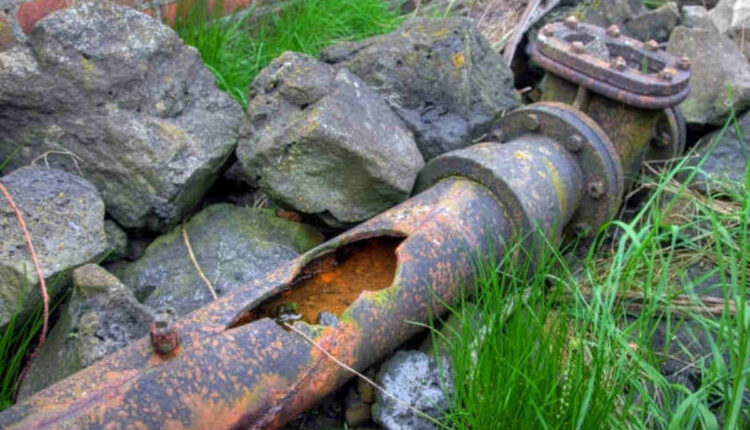Everyone needs access to safe and clean water. Yet, many people face various challenges that can compromise the quality of their drinking water. From contaminants to aging infrastructure, public water systems aren’t always perfect. But what can individuals do to ensure their water is safe? Understanding common issues and knowing how to address them is critical.
Common Contaminants in Public Water Systems
One of the significant concerns with public water problems is the presence of contaminants. While regulations are in place to ensure water safety, some impurities can still seep into the supply. These contaminants can range from natural substances like minerals to more harmful pollutants such as chemicals, bacteria, and heavy metals.
- Lead: Often introduced through old pipes, lead can be dangerous, especially for young children.
- Chlorine: Although used to disinfect water, excess chlorine can cause skin irritation and an unpleasant taste.
- Pesticides: In agricultural areas, pesticides can enter the water system, posing a health risk over time.
Are you worried about what’s in your water? Testing for common contaminants is a smart first step to assess water quality.
Aging Infrastructure: A Hidden Danger
Many public water systems in the U.S. are old and in need of repair. Pipes and treatment plants, often built decades ago, can become corroded or damaged over time, leading to contamination or service interruptions. When was your local water system last updated? In many areas, overdue improvements can cause discolored water, low pressure, and harmful substances. Staying informed about your local water system’s condition is crucial.
Signs You Might Have a Water Problem
Is your water safe? Several signs can indicate that there’s an issue with your supply. Paying attention to these signs can help you address water quality problems early:
- Unpleasant taste or smell: If your water smells like chlorine or has a metallic taste, it’s worth getting it tested.
- Discolored water: Water that appears brown, yellow, or cloudy could indicate pipe corrosion or contamination.
- Skin irritation: If your skin feels dry or itchy after using tap water, high levels of chlorine or other chemicals may be present.
By keeping an eye on these warning signs, you can catch potential problems before they escalate.
How Water Treatment Systems Can Help
If you’re worried about your water quality, you’re not alone. Fortunately, there are alternatives available, such as household water filtration systems. Filtration units and water softeners are popular options that:
- Remove harmful contaminants like lead, chlorine, and pesticides
- Soften hard water, protecting appliances and plumbing
- Enhance the general flavor and quality of your water
Installing a water treatment system is an intelligent way to address these concerns before they affect your home.
Working with Water Treatment Experts
Dealing with water quality issues can be overwhelming. When addressing water concerns, sometimes it’s best to turn to professionals. Water treatment experts can assess your water supply, recommend the best solutions for your needs, and install systems that will keep your water safe and clean. Their expertise ensures that any issues are addressed effectively, giving you peace of mind. Regular maintenance of home filtration systems is essential. Like any appliance, water treatment systems need periodic check-ups to stay effective. Professionals can help ensure long-lasting results.
Ensuring clean and safe water is vital for every household. While public water problems can pose challenges, understanding the common issues and available solutions is critical. Whether through professional water treatment systems or smaller preventive steps, there are ways to safeguard the water that flows through your taps. Staying proactive and informed will help ensure that your family has access to the highest quality water possible.
Read also: What to Look for in a Pavement Company










